
Regulations on the maximum total number of teaching hours in a school year
The draft Circular removes the provisions on conditions for paying overtime allowances to teachers in Clause 6, Article 3 of Joint Circular No. 07/2013/TTLT-BGDĐT-BNV-BTC, instead only regulating the maximum total number of teaching hours in a school year for which eacheducational institution is paid overtime wages. At the same time, it adds a provision that the total number of extra teaching hours in a school year for all teachers must not be higher than the maximum total number of extra teaching hours in a school year of the educational institution. In cases where there are not enough teachers to teach a subject, and teachers must teach more than the maximum number of hours paid for a teacher, the head of the educational institution shall report to the competent management agency to implement the payment of overtime wages to teachers.
This regulation aims to remove difficulties and obstacles for educational institutions, ensuring that teachers are entitled to overtime benefits according to the provisions of the Law on Civil Servants and the Labor Code. In addition, based on this regulation, school principals must assign tasks to teachers appropriately, ensuring fairness, minimizing the situation in an educational institution where there are teachers who teach overtime and teachers who teach short hours.
The new draft Circular also details the total number of hours paid for overtime teaching, for preschool teachers not exceeding the number of overtime hours prescribed by labor law and for other teachers not exceeding 150 teaching hours.
This regulation ensures that it is consistent with the characteristics of teachers' professional activities. In order to have 1 hour of direct teaching in class, teachers must have time to prepare before class and must have time after class to evaluate and classify students. The regulation also aims to ensure that teachers do not have to work too hard and have time to rest and restore their labor.
Regulations on responsibility for paying for extra teaching hours for teachers teaching in inter-school and on secondment
The draft Circular supplements regulations on the responsibility for paying overtime wages for teachers teaching in inter-school or on secondment. Accordingly, overtime wages for teachers sent by competent authorities on secondment shall be paid by the educational institution to which the teacher is seconded. Overtime wages for teachers sent by competent authorities on inter-school teaching shall be paid by the educational institution to which the teacher is assigned.
In case a teacher is assigned to teach at three or more educational institutions at the same time (including the educational institution where the teacher works), the teacher's overtime salary will be paid by the educational institutions where the teacher teaches at the inter-school level, and the teacher's extra teaching hours will be divided equally among these educational institutions.
The draft Circular also adds a provision that tasks that have been compensated in cash or allowances cannot be converted into teaching hours or have their teaching hours reduced to calculate overtime pay, except in cases where the law provides otherwise to ensure consistency and synchronization with regulations on the working regime of teachers and lecturers.
The time for preschool, general education, continuing education, university preparatory education, specialized schools and vocational education institutions to pay overtime wages to teachers is after the end of the school year.
The draft Circular proposes regulations on paying overtime wages to teachers who have not worked for a full school year. Accordingly, teachers who retire, take sick leave, take maternity leave beyond the legal regulations, take unpaid leave, or take other leave not directly involved in teaching will be entitled to overtime wages for the actual working time.
Source: https://baolaocai.vn/du-kien-ban-hanh-nhieu-quy-dinh-moi-ve-tra-luong-day-them-gio-cho-giao-vien-post401857.html


![[Photo] Prime Minister Pham Minh Chinh holds talks with Prime Minister of the Kingdom of Thailand Paetongtarn Shinawatra](https://vphoto.vietnam.vn/thumb/1200x675/vietnam/resource/IMAGE/2025/5/16/23b5dd1e595d429491a54e3c1548fb79)

![[Photo] Welcoming ceremony for Prime Minister of the Kingdom of Thailand Paetongtarn Shinawatra on official visit to Vietnam](https://vphoto.vietnam.vn/thumb/1200x675/vietnam/resource/IMAGE/2025/5/16/cdd9e93739c54bb2858d76c3b203b437)







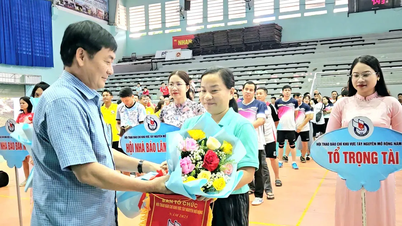
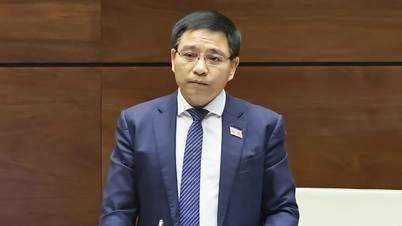

































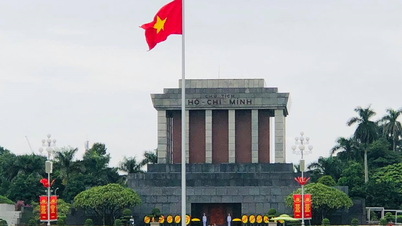













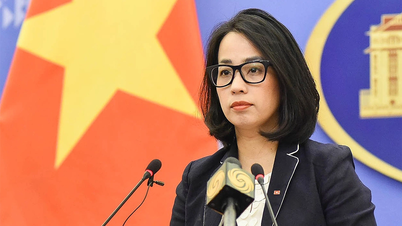


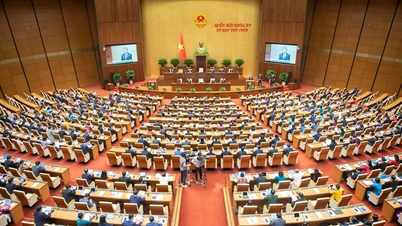

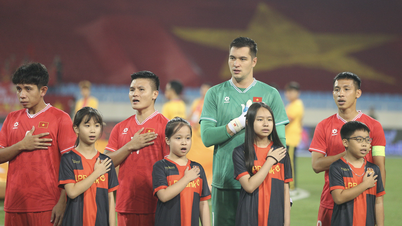
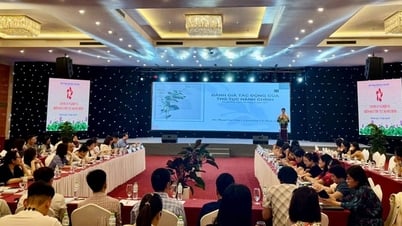





















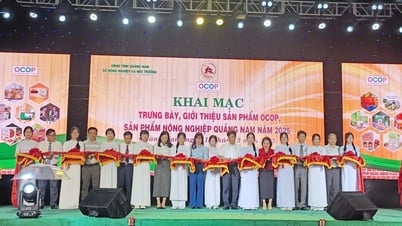

Comment (0)